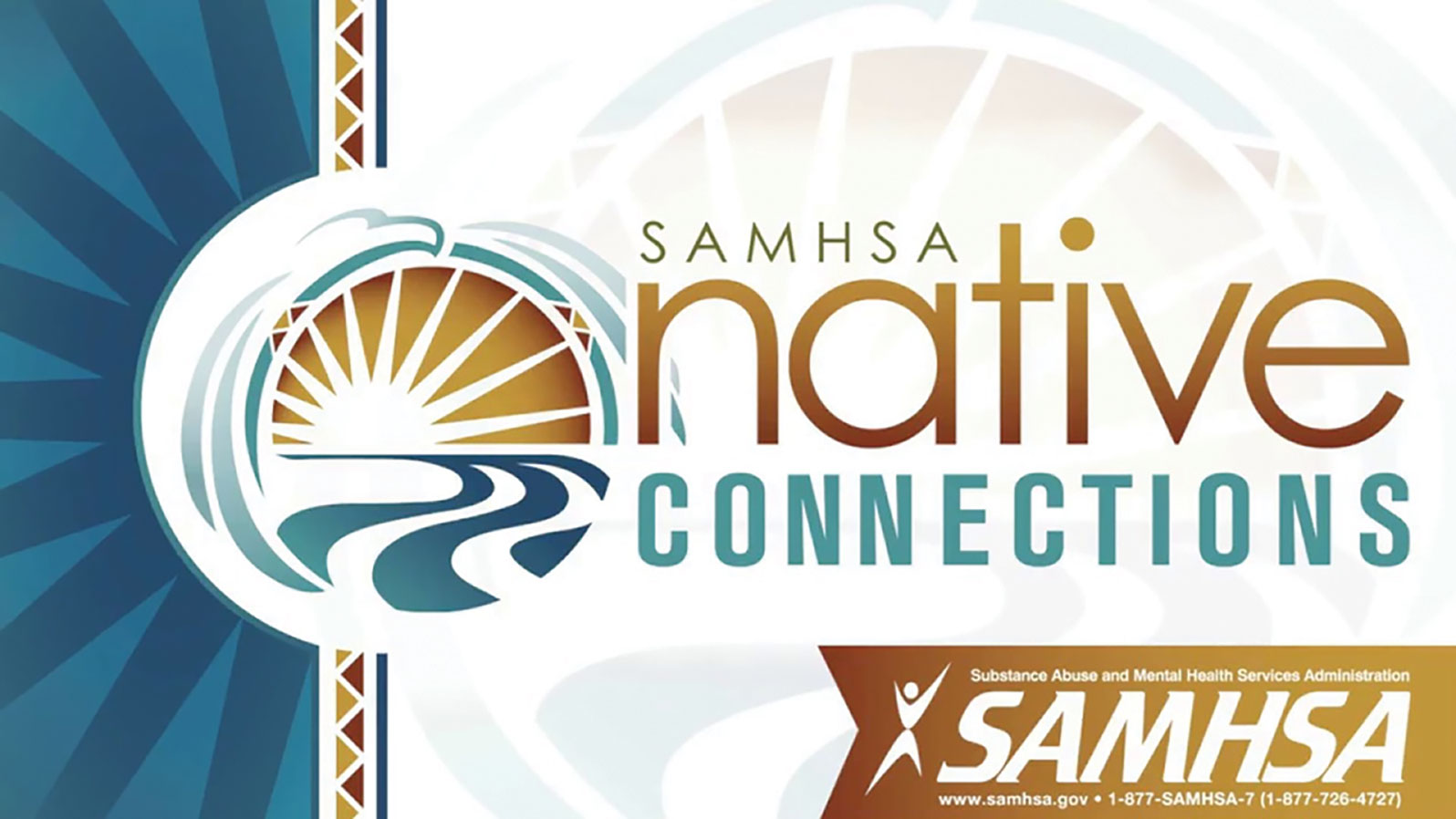How we talk about mental health matters. Words are powerful.
One popular quote around this idea is, “Words create worlds” by Abraham Heschel. Our words don’t just describe or label things, but they also frame reality in a particular way. They create a perspective. We can think of the “glass half full” versus “glass half empty” concept in that our words both reinforce and create what we experience. In fact, language is so important in how a society decides what is “true” and real that translating between languages can be extremely difficult. Certain cultures have words for concepts that don’t exist in other cultures, for example. Certain languages are full of more verbs than nouns and allow for combinations of words and ideas that don’t exist elsewhere.
This also goes for how we talk about our mental health. There are so many ways of framing these conversations or putting them into a larger context. Maybe what we call “mental health” is sometimes a spiritual crisis like someone’s need for a connection to a purpose greater than themselves. Maybe it has to do with the need to be needed, to contribute something. Or maybe mental health could be related to a significant life transition. The point is, our mental health is inextricable from our material, emotional, and spiritual lives. And how we talk about it matters.
If we think about stigma for a minute, it’s clear that stigma gains momentum because certain words accumulate meaning and, at a certain point, become so heavy with that meaning that the word can be damning or isolating. I think about the word “depressed” for example because in my own family there has been a history of depression. No one wanted to talk about it in our family. But when they did talk about it, it was typically with the idea that we’re doomed to all be on medication. No one was really asking why or if there might be additional explanations. I got to thinking about that word and label. The term depression covers such a broad range of situations, struggles, and feelings so when we use it to describe our experience, it can both help us identify something recognizable (even justify it) but it can also risk erasing our own personal circumstances.
On this same note, I was recently at a mental health conference when I heard a therapist tell the audience of clinicians, “everything happens for a reason.” I cringed. I thought about what it would feel like to hear that if a person had lost a family member to suicide. Or had a person been abused. I thought again about the power of words and framing mental health.
What I think this therapist was trying to communicate is that we can find meaning in pain. Suffering is part of life and sometimes it can be immensely helpful, even critical, to find meaning or purpose in what we are having to face. Maybe we learn a lot, maybe we find out how strong we are, maybe we learn to cultivate more and more compassion for others who are suffering. But saying, “everything happens for a reason” suggested something more like fate. It had slightly religious tones, that there must be some cosmic “reason” why it happened.
Being in that room that day reminded me how important it is that we are intentional and careful – speaking with great care – about and with those who are suffering. Whether we use single words like “depression” or whether we use big ideas to frame suffering, it’s important to remember that our words create worlds. Our words matter so much.
What things did you hear about mental health growing up? Can you remember? Were there ways your family referred to or talked about “mental health” that were helpful, unhelpful, or that you want to continue or change?
Here’s to your good health!
It’s okay not to feel okay. If you or someone you know has been struggling with their emotions, behaviors, or substance use please reach out to us. We can help you find appropriate tools and services that could help you overcome obstacles in your life. We are here for you. Please contact the Southern Ute Behavioral Health Division at 970-563-5700 for more information or to set up an appointment to see a counselor or therapist.
Reminder: If you need to talk to someone, please reach out.
And for those interested in opioid use education, harm reduction, and support, please contact us for quick Naloxone (Narcan) training and fentanyl test strips. We can schedule individual, family, or friends training times at our Southern Ute Behavioral Health Building, or we can come to you, and the training is around 30 minutes. Please call us at 970-563-5700 to set up a training appointment.

